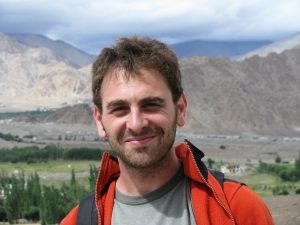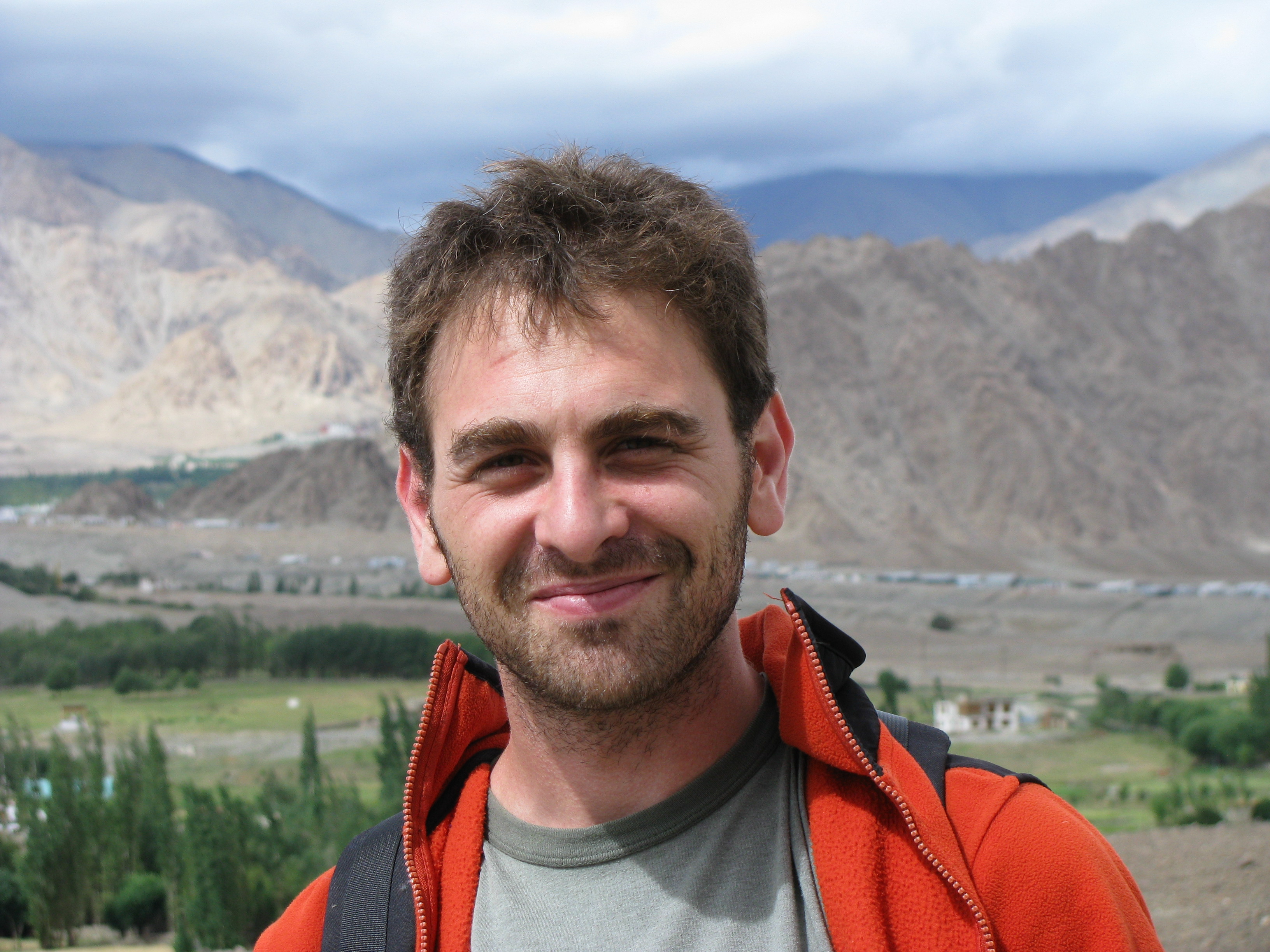Misha Shulman

I was transported back to this moment as I read Rabbi Sid’s essay. I describe that Shabbat because so many of the details of the service were reflected in Jewish Megatrends. The search for a deep and challenging wisdom emerging from Torah; the primary place that the search for justice took in that discussion about memory; the bringing together of people to form a new type of participatory community; the insistence on an experience of spiritual significance that can be accessed by non-observant Jews.
While primarily an after-school Jewish program, the School for Creative Judaism (SCJ) is a home for unaffiliated Jews. We have a business model that allows us tremendous freedom to teach, explore and create. In the past decade we have grown from one teacher and a dozen students, to 120 students taught by ten teachers. We hold around twenty Bar and Bat Mitzvah ceremonies each year, along with Shabbatot, holiday events, field trips and social justice events such as protests or volunteering. Most events take place in one of the students’ homes. When we make a change in programming, it most often comes from the community making its needs and desires known. This year was our first Yom Kippur service, which resulted from the requests by members of the community. In turn, members of the community provided most of the sweat equity to make it happen. Next year we will have Rosh Hashanah services as well, the result of community demand.
The quick growth and transformation of the School is a testament to the tremendous need in the community for meaningful alternatives to the synagogue system, both with regards to community and education. We are designed as an entity that responds to needs that arise. Our earlier educational model, still functioning for approximately half of the students, has small groups learning together once a week in one of the students’ homes. Our second model, now in its fourth year, brings 20-30 students together to a branch of the school, where classes are split by age for most of the time, and everyone comes together at the end for a communal ma’agal, or circle. Both models adapt to the needs identified by parents, teachers and me, in my role as school director. One of the things people most appreciated about the community events we added just under a decade ago, was that there was an open offer to actively build community, but no guilt or negative pressure to take advantage of that offer.
This is especially true of interfaith families, which make up a significant percentage of SCJ. At a recent Bar Mitzvah, the Jewish father of the Bar Mitzvah came up to me to thank me for one thing I told his son during the service. “You are not half Jewish,” I said, “you are Jewish”. You may be other things as well, but that does not take away from the fact that you are a Jew.” Having grown up in an interfaith family himself, going to synagogue and Hebrew School as a kid, this father told me no one had ever told him such a thing.
I have no idea how my work will impact on the future number of Jews in the world. I do know that I provide a positive Jewish experience for many who would otherwise have none. I am reminded of a transgender Bar Mitzvah I led last year, in which the exuberant Bar Mitzvah said in his dvar torah: “Studying my Torah portion made me think that maybe God doesn’t hate me for being Queer.” He specifically mentioned the religious Right as one source of his previous thinking on religion and gender.
These are experiences, which deepen my belief in the work. But to me they are about the present, not about Jewish survival or renewal in the future. If there is a renewal, it is within the moment itself. We have to trust in the eternity of individual moments, toward the greater goal of overcoming what Rabbi Sid terms the “spiritual malaise” of our times. I often tell parents that we are using the frame “teaching through Judaism”, but that the far greater challenge – and opportunity – lie in delving into the great questions and mysteries of life with people who are taught to place an enormous value on what they call “science.”
What I have found is that the way to open people up to Yiddishkeit is not only through thinking, ritual and action, but also through art: a type of spiritual expression that non-observant people are not afraid of. What we are looking for in particular at SCJ is the place where three elements overlap: religion, politics and art. Or in the language of our tradition: emet (truth), tzedek (justice) and yetzira (creativity).
Recently we held a Shabbat event at the performance of a Palestinian play from Jenin. It brought people together in community on Shabbat to confront our pre-conceived notions, support people whose resistance is art, and talk about what our faith and theirs’ demands of us in the context of the conflict in the Middle East. This was, to me, one example of the three elements coming together.
_________________________________
Misha Shulman is the founding director of the School for Creative Judaism, a religious school and community for unaffiliated Jewish families in New York City. Born in Israel and currently studying for the rabbinate, Misha is a playwright, theater director and actor with an MFA from Brooklyn College.


